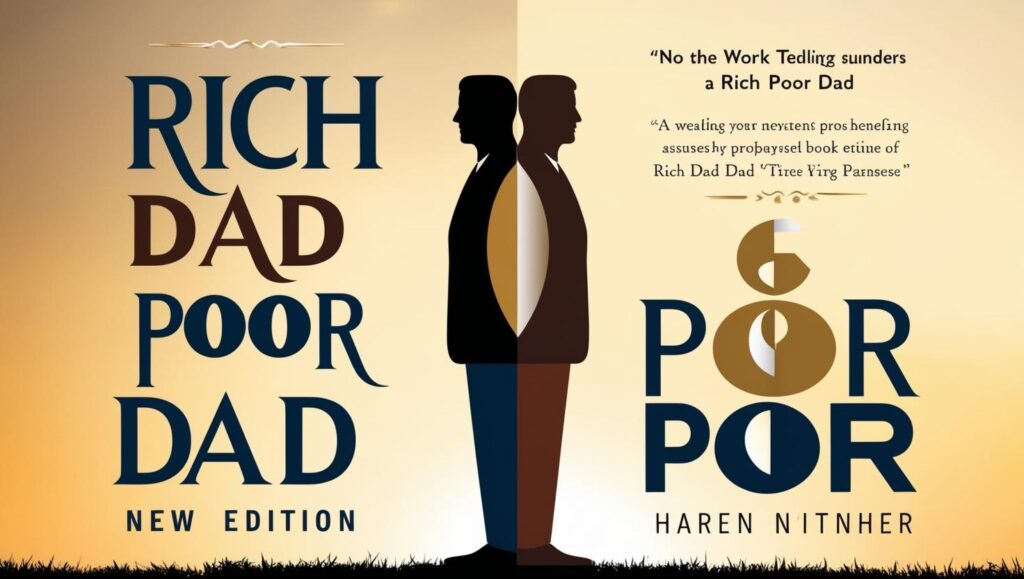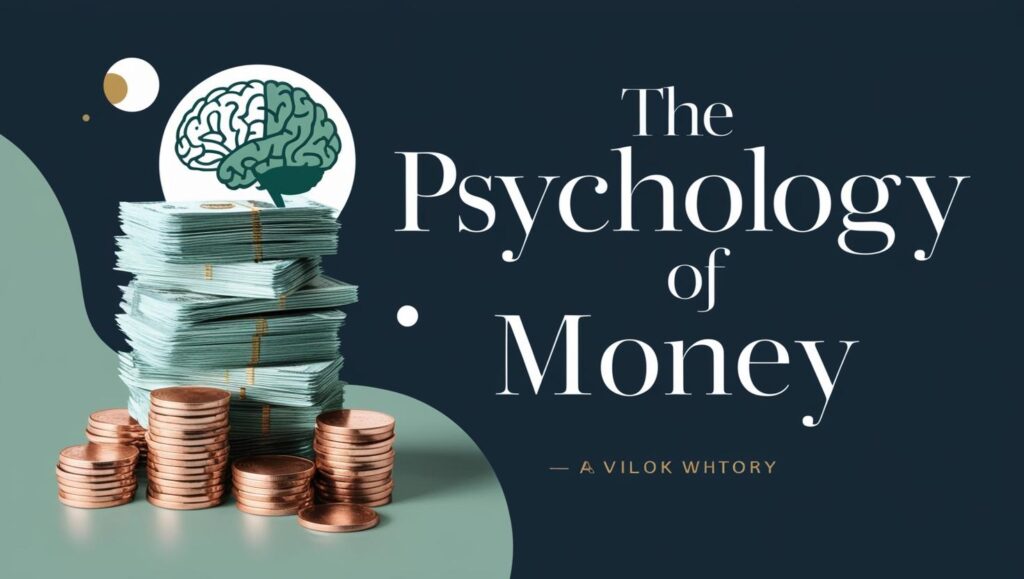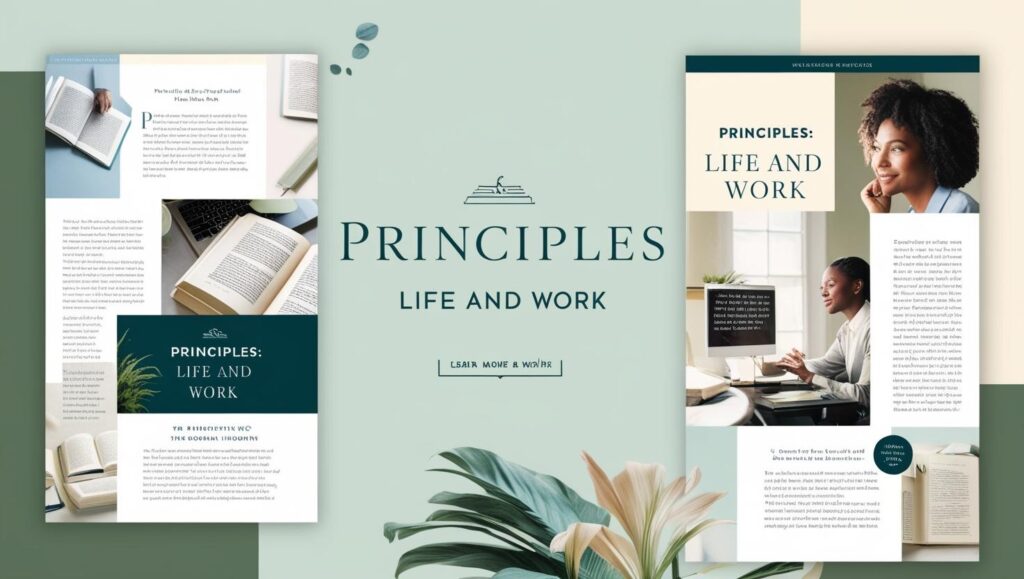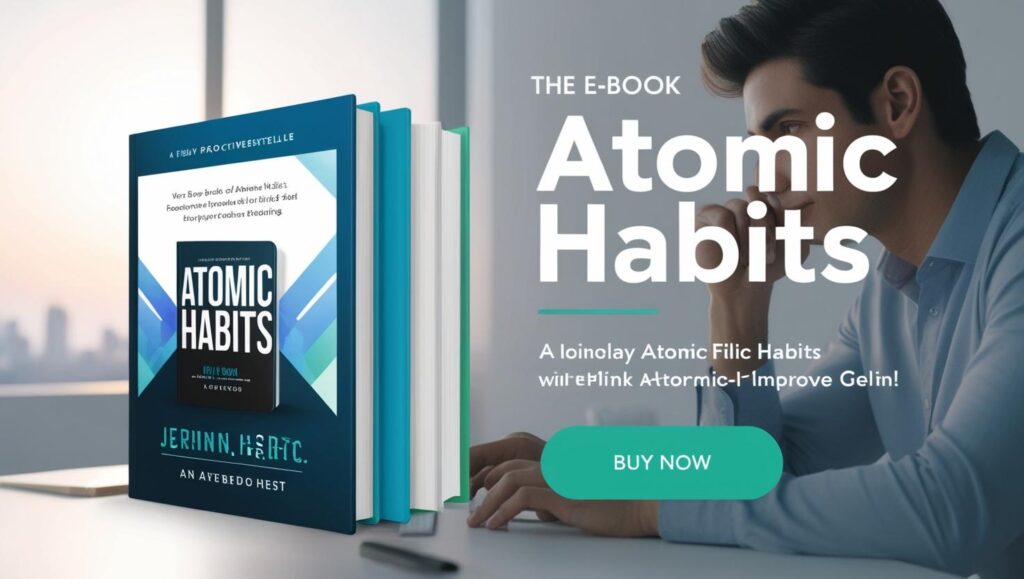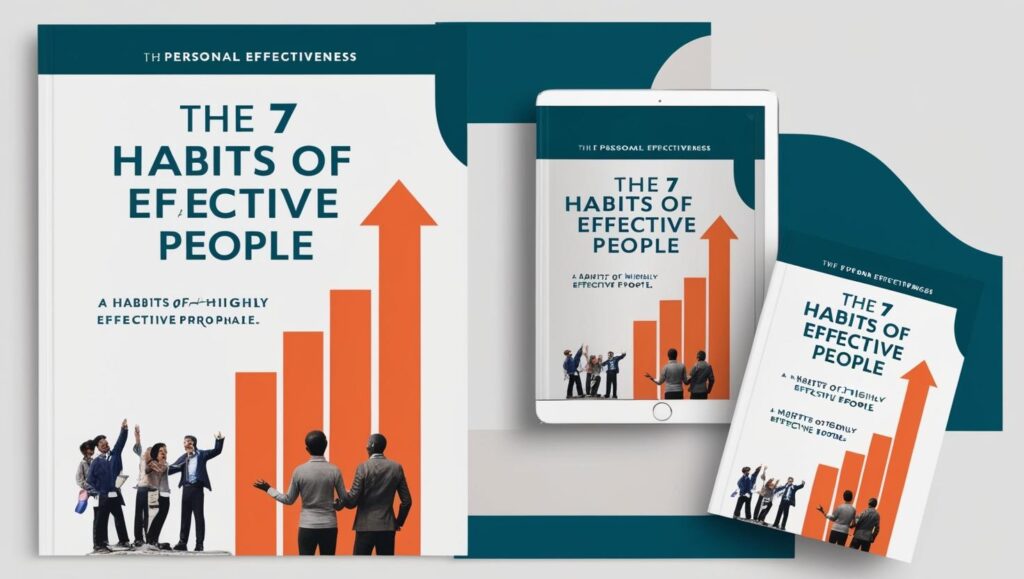Now Reading: Deep Work – Cal Newport
-
01
Deep Work – Cal Newport
Deep Work – Cal Newport

“Deep Work”: Why Focus Is the New Superpower in the Age of Distraction
What if the key to outperforming 99% of people in your field isn’t intelligence, luck, or hustle—but the ability to fully concentrate for 90 minutes straight?
Cal Newport’s Deep Work argues that in our hyperconnected world, the rarest and most valuable skill is no longer technical expertise—it’s the capacity to dive into cognitively demanding tasks without distraction. Here’s why this book rewires how we think about productivity—and why its audiobook could be your secret weapon.
The Crisis We’re All Ignoring
Modern knowledge workers spend 60% of their time on shallow tasks like emails, meetings, and social media—activities that feel productive but create minimal value 37. This “busyness trap” erodes our ability to solve hard problems, master complex skills, or innovate—a phenomenon Newport calls “cognitive cheapening” 3.
The brutal truth:
“The ability to perform deep work is becoming increasingly rare at exactly the same time it is becoming increasingly valuable.” 13
3 Mind-Blowing Insights from Deep Work
1. Your Brain Is a Muscle—Distraction Atrophies It
Neuroplasticity research shows that constant task-switching (e.g., checking Slack while writing) literally rewires your brain to crave distraction. Over time, you lose the “attention muscle” needed for breakthroughs 713.
Solution:
-
Digital minimalism: Delete social media apps that don’t directly serve your career (Newport himself has never had a social account) 13.
-
Time blocking: Schedule 90-minute “deep work sprints” with zero notifications. Even Steve Jobs famously obsessed over minute design details in distraction-free zones 14.
2. The 4 Rituals of Elite Performers
Newport identifies four approaches to systematize focus:
-
Monastic: Total isolation (e.g., J.K. Rowling writing Harry Potter in a secluded hotel) 714.
-
Bimodal: Split time between deep work and shallow tasks (e.g., academics alternating research semesters with teaching) 314.
-
Rhythmic: Daily unbroken focus blocks (e.g., writing 500 words every morning at 6 AM) 39.
-
Journalistic: Opportunistic deep work in gaps (advanced users only) 3.
3. Laziness Is a Virtue
Paradoxically, strategic downtime boosts productivity. Bill Gates’ “Think Weeks”—annual solo retreats for deep reading—sparked Microsoft’s internet pivot 7. Newport advocates:
-
Shutdown rituals: Physically leave work at 5:30 PM to recharge 11.
-
Productive meditation: Use walks or chores to unconsciously process tough problems 13.
Why the Audiobook Is a Game-Changer
-
Narrated for impact: Newport’s crisp, analytical tone turns neuroscience into actionable steps.
-
Commute-friendly structure: Bite-sized chapters align with short drives or subway rides.
-
Real-world case studies: Learn how Nobel laureates, writers, and CEOs like Peter Higgs and Neal Stephenson weaponize focus 713.
-
Free with Audible trials: Risk-free access to life-changing ideas 11.
Who Needs This Audiobook?
-
The distracted creative: Struggling to finish that novel/album/business plan.
-
The burnout achiever: Working 12-hour days but producing little of value.
-
The lifelong learner: Wanting to master AI, coding, or languages faster.
As Newport warns:
“To remain valuable in our economy, you must master the art of quickly learning complicated things. This task requires deep work.” 13
Call to Action:
Ready to join the 1% who thrive in the attention economy? Grab the audiobook HERE (free with Audible’s trial) and transform your commute into a masterclass in focus.
“The best moments usually occur when a person’s body or mind is stretched to its limits in a voluntary effort to accomplish something difficult and worthwhile.”
— Mihaly Csikszentmihalyi (quoted in Deep Work) 7

